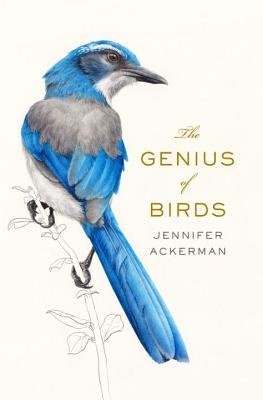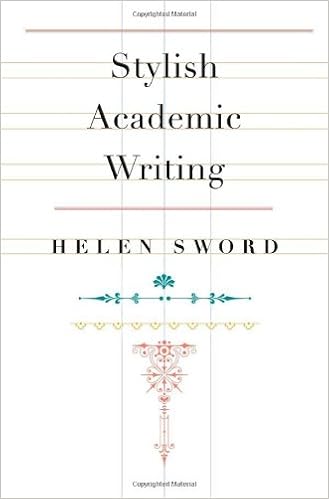For many people, writing is a challenge. Sometimes good writing can flow from your fingertips. Sometimes. But there are few writers who can write successfully in the stream-of-consciousness style. And academic writing has its own challenges. As I struggled through the doldrums of writing my dissertation, I made a promise: tell the reader a story. That’s it. Tell a good story and writing can be fun. How do you get out of your own head to think like a reader? Is there a secret to good writing? How do you write for other people?
Find A Good Story
Academic writing has a poor reputation of being boring. Why? Because academic writing is formal, dry, structured, and filled with jargon. The writer is more likely writing to impress colleagues, to show them they understand the rules.
But one important rule of good writing is to not put the reader to sleep. Put yourself in the reader’s head and think about how they would feel listening to academic blather.
I’ve been to enough conferences to quickly tell if the speaker will bore me or keep me engaged. Reading from the slides, little eye contact, no passion about the topic – all signs for me to take a hike.
And boring academic writing made me start my Why Scholars Need a Clue About Good Writing series.
In Part I of my series, I introduced the reader to two excellent books that tell a good story: The Genius of Birds by Jennifer Ackerman and Are We Smart Enough to Know How Smart Animals Are? by


These books are written for the general reader and academics.
I could tell the authors were passionate about their research.
I could feel their conflicts between conserving the freedom of animals and studying them in captivity.
My next summer read is The Soul of an Octopus by Sy Montgomery.
You’ll find it under the Book Reviews section of this blog.

Write For the Reader
My weekly blog keeps me engaged in different styles of writing. Part IV of my Why Scholars Need a Clue About Good Writing series is about why I diversify my writing. I practice daily on some type of writing – academic for conferences, book ideas, blogs, newsletters.
I force myself to keep writing because it all takes practice. And it keeps me learning. I’ve noticed that when it comes to a group project, I’m usually the go-to person to edit the final draft.
I found an article that explained how to write for the reader. An academic taught writing for years and decided to write for general readers.
It was a challenge to unlearn scholarly writing habits and think like a reader. A list of lessons included:
- Learn the Field: If you want to transition into another field, research the trends and read blogs and current publications. Do not assume you can write for any audience – you need to understand your readers.
- Don’t Brag about Your Degree: Book or magazine editors won’t be impressed by your degree. As I said, academics have a bad reputation for being boring, or hard to work with. Keep a low profile if you need to.
- Don’t Research Everything: This one is a challenge for academics. You don’t need to read all the literature to write about computers. Use your skills to interview people for an article.
- Use Active Verbs: Write with excitement and life. Don’t write like an academicbot using jargon and big words. Engage the reader, choose words carefully and change your sentence length.
Closing Thoughts
Writing is fun and academic writing can be good. My summer read also includes a book on Stylish Academic Writing by Helen Sword.
 On that note, here’s a list that describes good academic writing:
On that note, here’s a list that describes good academic writing:
- Well organize and structured text.
- Define terms, explain and explore complex ideas.
- The reader learns something from the writing.
- Writer supports an idea but is aware of other interpretations of an idea.
- Uncluttered, clear, enjoyable writing that affects the reader.
- Engage the reader – have a conversation in your head as you read it.
- You forget you are reading.
Try it out, challenge yourself to write for different readers. Drop the boring and make yourself a better writer!!
Sources: 5 Lessons on Writing for the Public
good academic writing – what’s your list?
Cheers,
Dr. Bessie
Tell the readers a story! Because without a story, you are merely using words to prove you can string them together in logical sentences.
~~~Anne McCaffrey~~~

